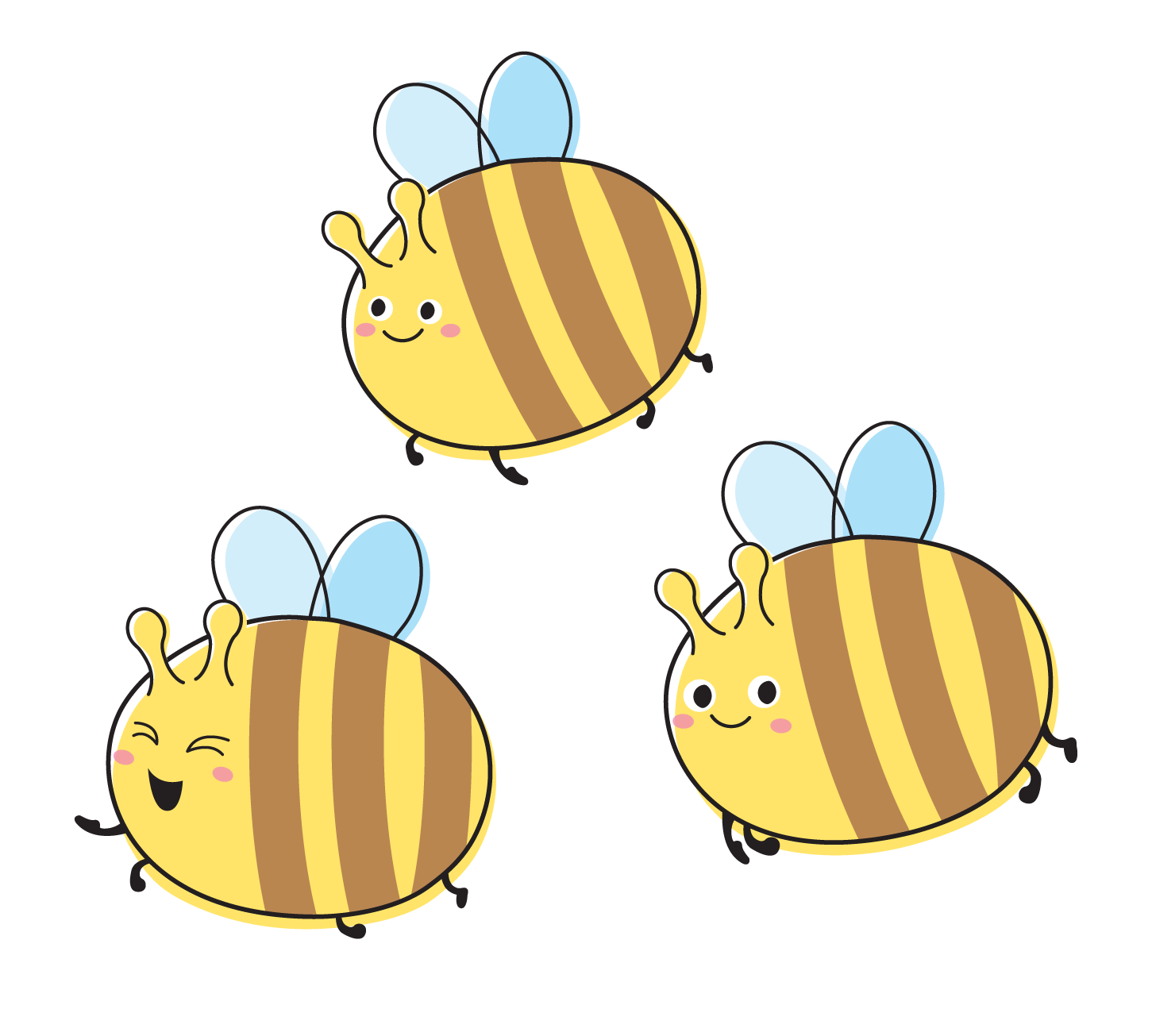作者:黃有豪博士
東華學院人文學院助理教授
幼兒與生俱來對事物充滿好奇心,從出生的那一刻起就是人類行為的一部分,是「萌發中的科學家」。嬰兒喜歡運用感官學習新事物 – 視覺,聽覺,觸摸,味覺和嗅覺 – 來探索和收集資訊。研究結果顯示嬰兒觀察並轉向面部,抓住要放進嘴裏的物體,用眼睛跟蹤物體,所有這些都是為了獲得更多的資訊。當幼兒反覆將球掉走看著它消失時,每次球消失然後重新出現時,他都會表現出喜悅。這些行為是人類探究的早期指標,也是人類如何使用探究經驗來學習的早期指標。幼兒通過科學探索活動學習,建構於已知經驗及技能,建立對環境的新知,產生新知識。
培育幼兒科學探索的重要性
幼兒是一個投入的思考者。科學探索的過程中,幼兒使用批判性思維和構建解決問題的能力,包括積極地提出質疑、觀察、分類、解釋、應用、發展、表達自己及同時接受他人的觀點。有研究指出勇於探索的幼兒顯示有較高自信和自尊感、較佳的學科知識融合和社交情緒發展。
早期科學探索的題材
照顧者可著重聯繫幼兒日常生活經驗和大自然的各種有趣現象,讓幼兒透過不同的活動進行科學探索,如烹製、搓黏土、動植物的生態、光和暗、浮和沈、熱和冷等。
促進幼兒的科學探索—照顧者的角色
照顧者可成為幼兒合作夥伴,創造接納、鼓勵及支援環境,支持兒童經歷科學探索的過程,並讓幼兒通過實踐、研究和交流來理解和創造意義。
照顧者可培養幼兒以科學探索技巧來構建知識:
- 觀察 – 使用感官(視覺,聽覺,觸覺,品嘗,嗅覺)來了解環境的特徵。
- 比較 – 測量、計數、量化和/或檢查物件和事件的異同。
- 分類 – 根據大小、形狀、顏色和用途等屬性進行分組和排序。
- 測量 – 直接通過觀察或間接使用測量單位進行的定量描述。
- 溝通 – 以口頭或書面形式(例如,圖片、地圖、圖表或期刊)命名、記錄和分享觀察結果和發現,以便其他人能夠理解所學內容。
參考文獻
- Curriculum Development Council. (2017). Kindergarten education curriculum guide, p.11.
- Ogu, Uchenna;Schmidt, Suzie Reynard (2009). Investigating Rocks and Sand: Addressing Multiple Learning Styles through an Inquiry-Based Approach. YC Young Children, 64, 2.
- Stacey, Susan. (2019). Inquiry-based early learning environments: Creating, supporting, and collaborating. St. Paul, MN: Redleaf Press.
- Gerde, H. K., Schachter, R. E., & Wasik, B. A. (2013). Using the scientific method to guide learning: An integrated approach to early childhood curriculum. Early Childhood Education Journal, 41(5), 315-323.
- Heidi L. Hollingsworth & Maureen Vandermaas-Peeler (2017) ‘Almost everything we do includes inquiry’: fostering inquiry-based teaching and learning with preschool teachers, Early Child Development and Care, 187(1), 152-167.
- Ogu, et al. (2009) Investigating rocks and sand: Addressing multiple learning styles through an inquiry-based approach. Young Children, 64(2), 12-18.




